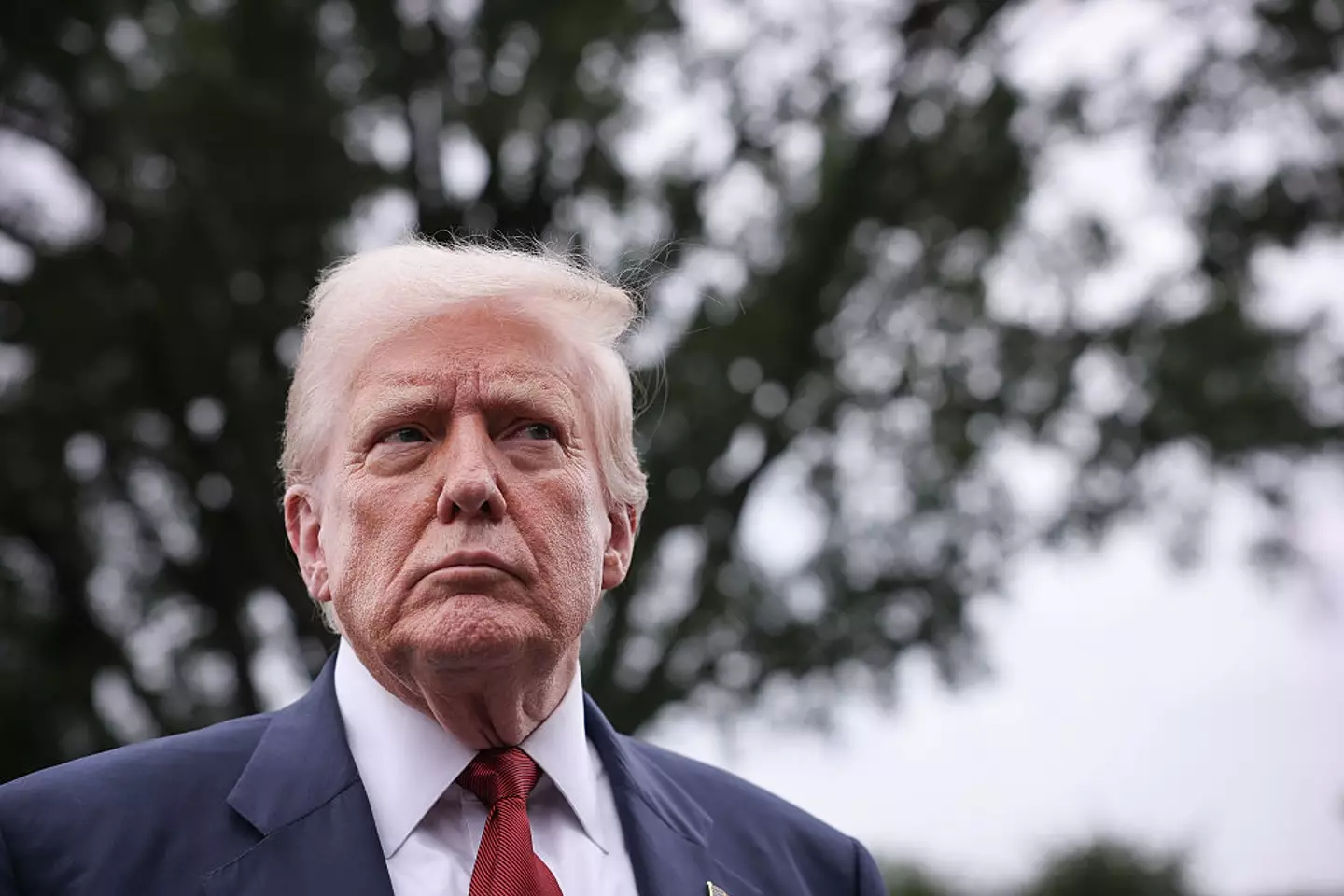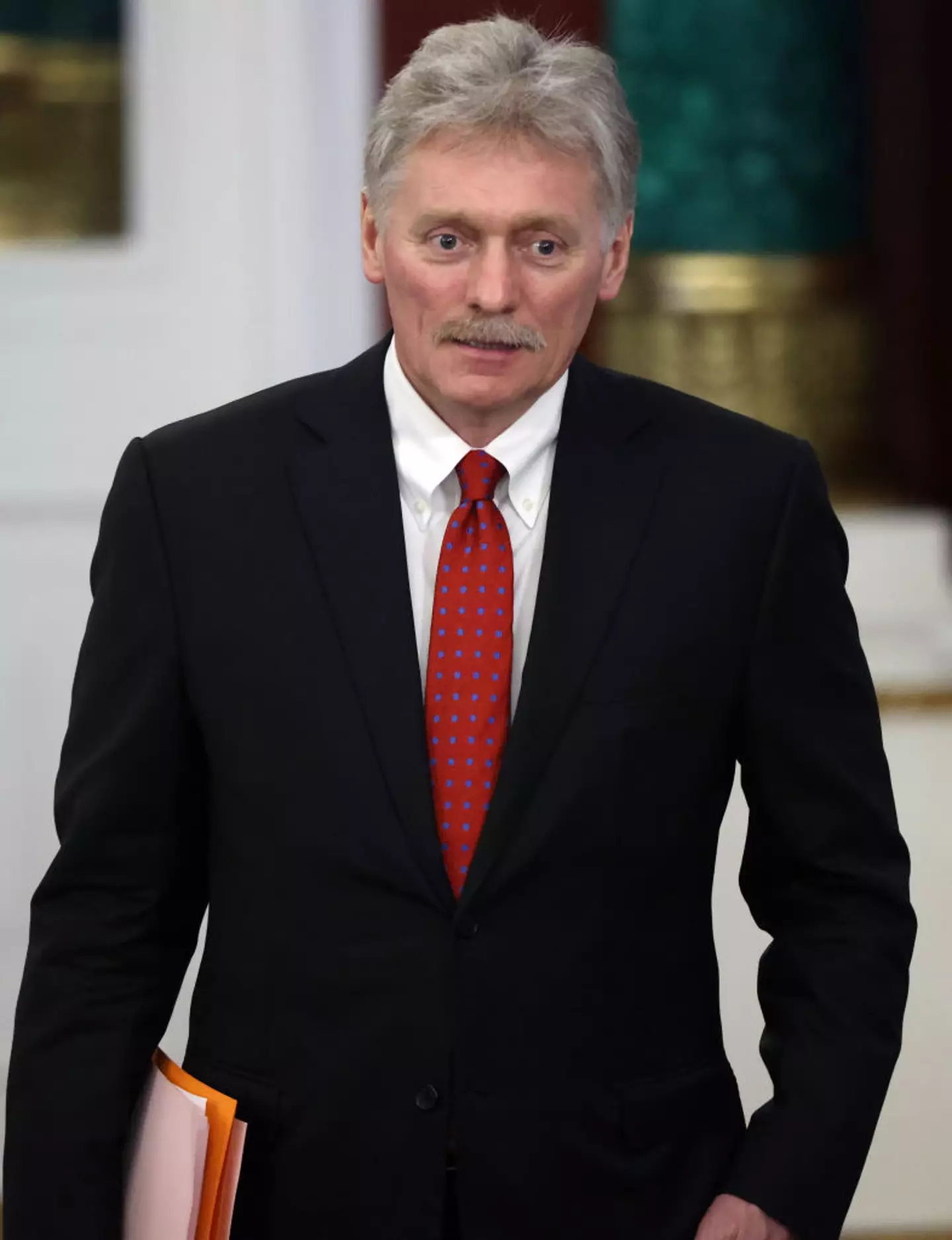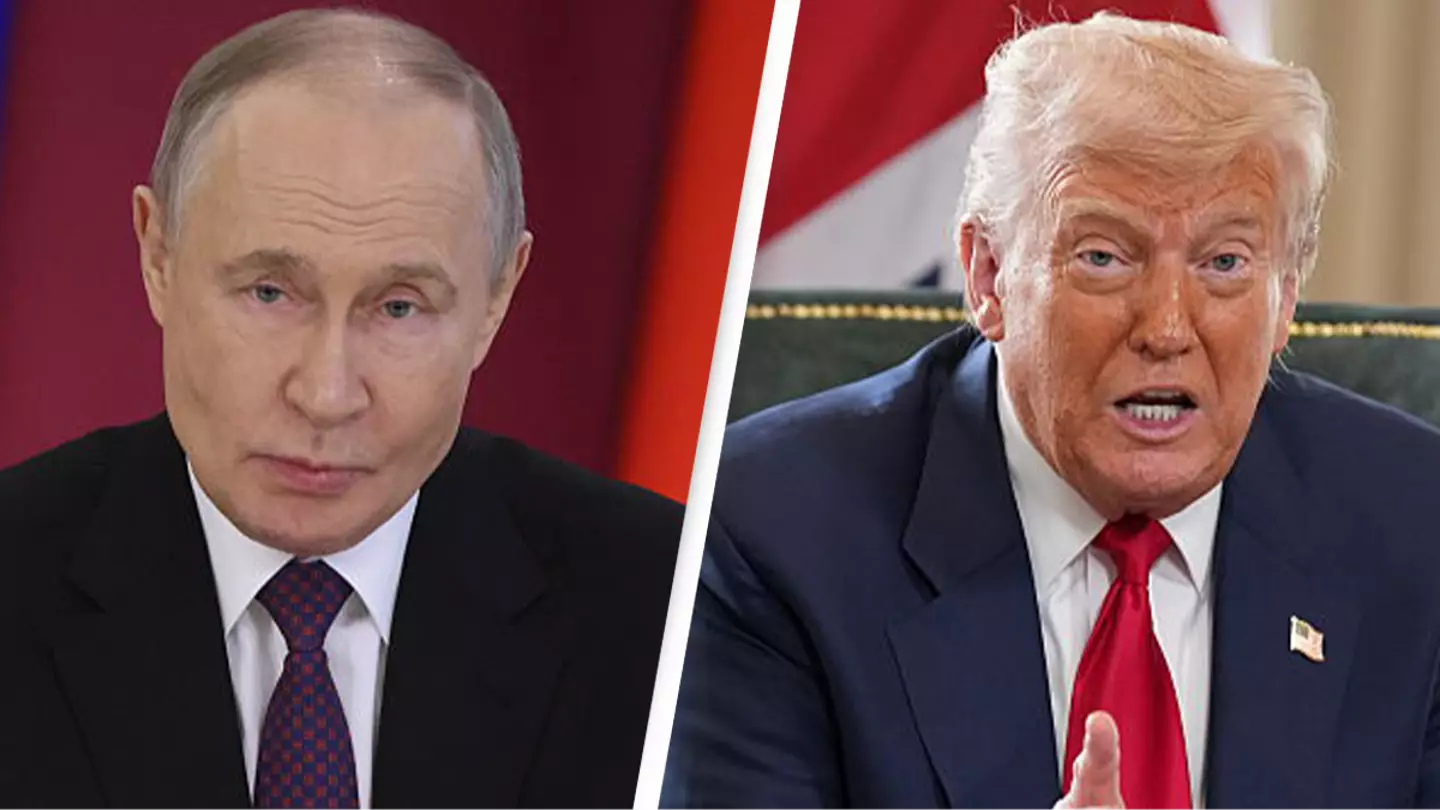The Russian government has issued a response after former U.S. President Donald Trump commanded the repositioning of American nuclear submarines closer to its territory.
Although Trump and Russian President Vladimir Putin once shared a cordial working relationship, their interactions have become increasingly strained over recent months.
Disagreements between the two leaders have arisen on several issues, ranging from the persistent conflict between Russia and Ukraine to Trump’s unfavorable trade tariffs imposed on Russia.
Trump has been actively pursuing a ceasefire between Russia and Ukraine, recently moving the deadline he set for the end of the conflict from September 2 to August 9.
If Putin fails to meet this revised timeline, Trump has threatened significant sanctions against Russia.

In response, Dmitry Medvedev, a Russian Security Council official, accused Trump of engaging in ‘the ultimatum game’ with Russia.
Medvedev remarked on Twitter: “Trump’s playing the ultimatum game with Russia: 50 days or 10,” warning that Russia is not akin to Israel or Iran, and cautioning against threats that could escalate toward war.
Trump countered by advising Medvedev to ‘watch his words,’ subsequently ordering two American nuclear submarines to be strategically positioned closer to Russia.
On August 1, Trump posted on Truth Social: “Based on the highly provocative statements of the Former President of Russia, Dmitry Medvedev, who is now the Deputy Chairman of the Security Council of the Russian Federation, I have ordered two Nuclear Submarines to be positioned in the appropriate regions, just in case these foolish and inflammatory statements are more than just that.
“Words are very important, and can often lead to unintended consequences, I hope this will not be one of those instances. Thank you for your attention to this matter!”

Kremlin spokesperson Dmitry Peskov has since issued a response to Trump’s perceived threat, advising caution on America’s part.
According to The Mirror, Peskov emphasized, “Russia is very cautious about nuclear nonproliferation matters, and we believe everyone should be very careful about nuclear rhetoric.”
He further mentioned, as reported by BBC News, “Very complex, very sensitive issues are being discussed, which, of course, many perceive very emotionally.”
These developments come just before U.S. envoy Steve Witkoff is scheduled to visit Russia on August 6.

